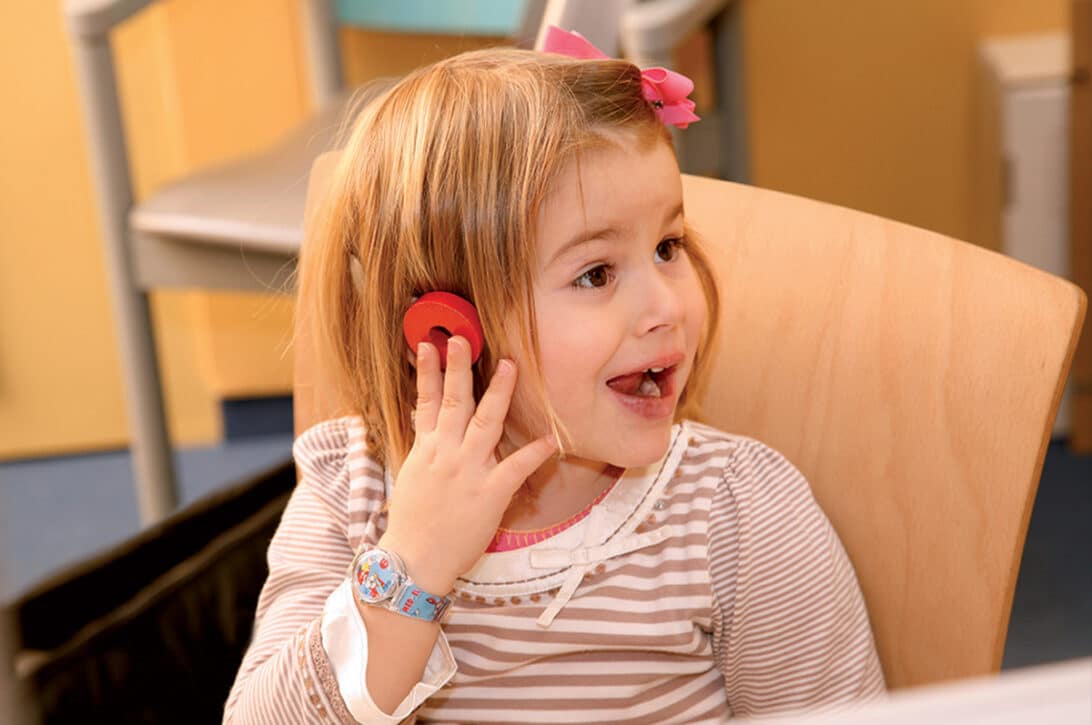


We already showed you some games that you can play to help your child develop his or her listening skills. But there are other things you can do! Here are 10 other auditory techniques or strategies that you can use throughout your day.

What’s the best way to have good listening and speaking skills? It’s to have a solid foundation built on noticing and recognizing sounds. Playing listening games is a good way to develop these basic skills.

It can be simple to practice your listening skills when you’re with an audiologist or speech language pathologist—as easy as doing the games or tasks they have prepared—but what happens when you’re not with your hearing professional? If you’re at home, what can you do? Here are some games and exercises that you can use

If you’re a teacher, one day you might be introduced to a new student who has a cochlear implant or hearing implant. Or you already have a student who is a cochlear implant recipient. Wait, what’s a cochlear implant? Why does this child have a cochlear implant? What does that mean?

Once your child has gotten through his or her school day, odds are that there will be a range of activities that he or she can do: playing sports, going out with friends, doing homework, reading, and more. With all of this going on it might be confusing to know what to do with the